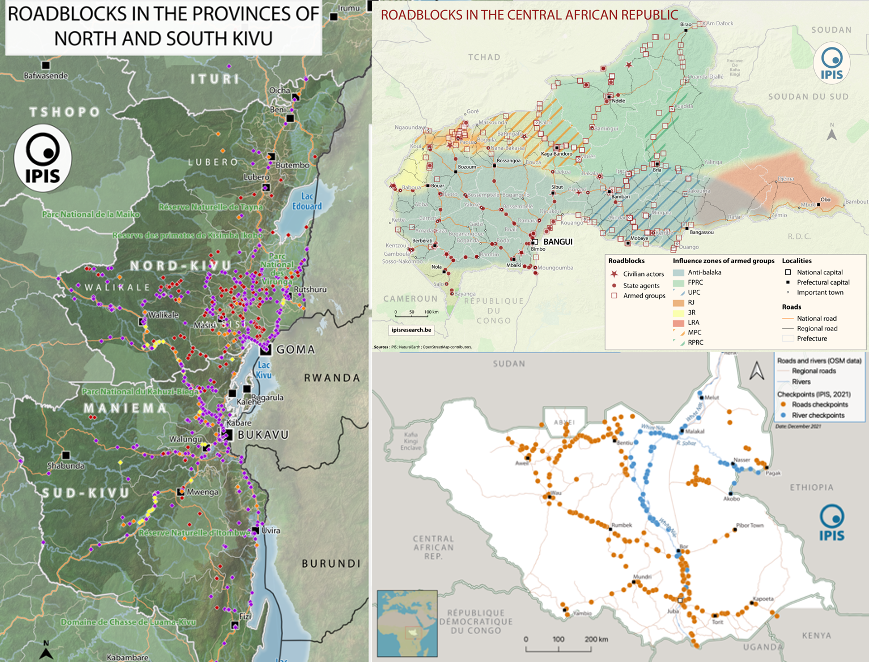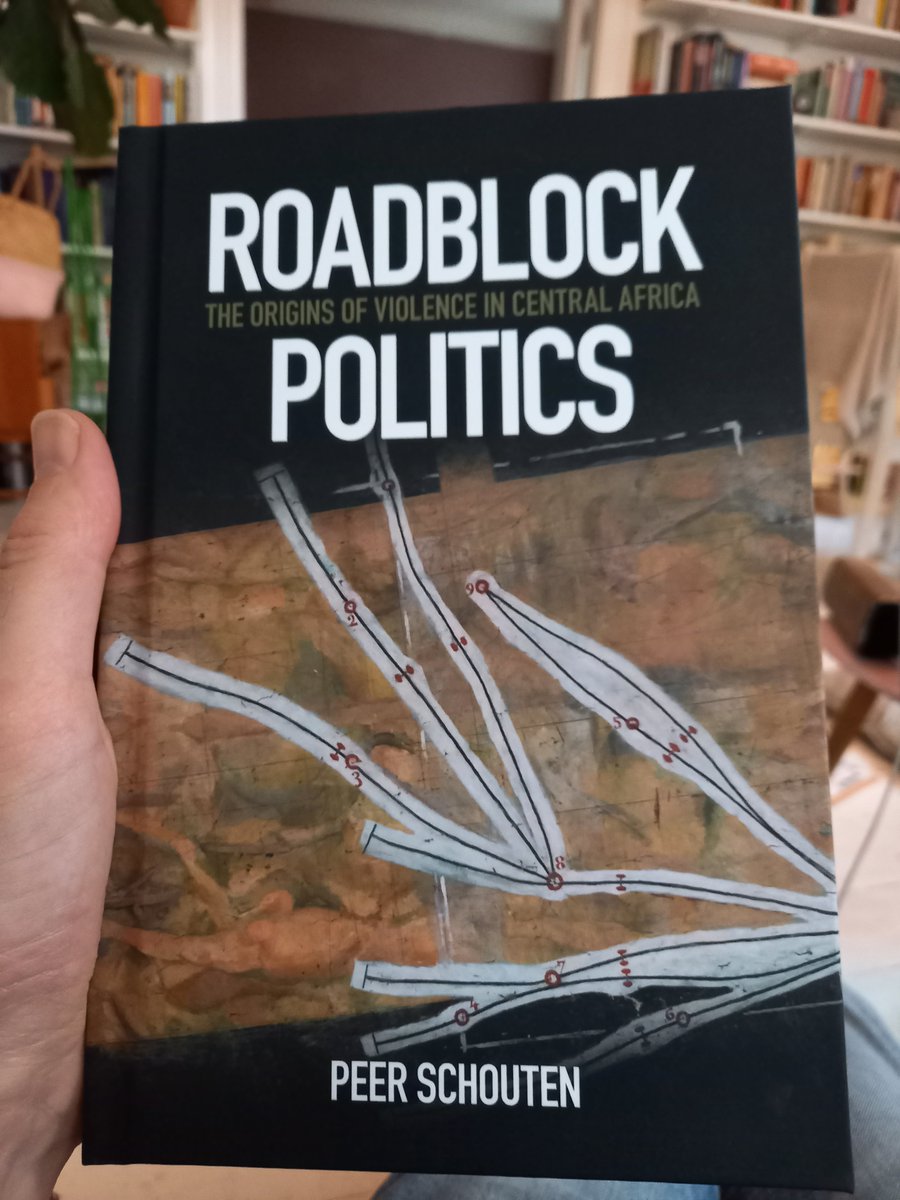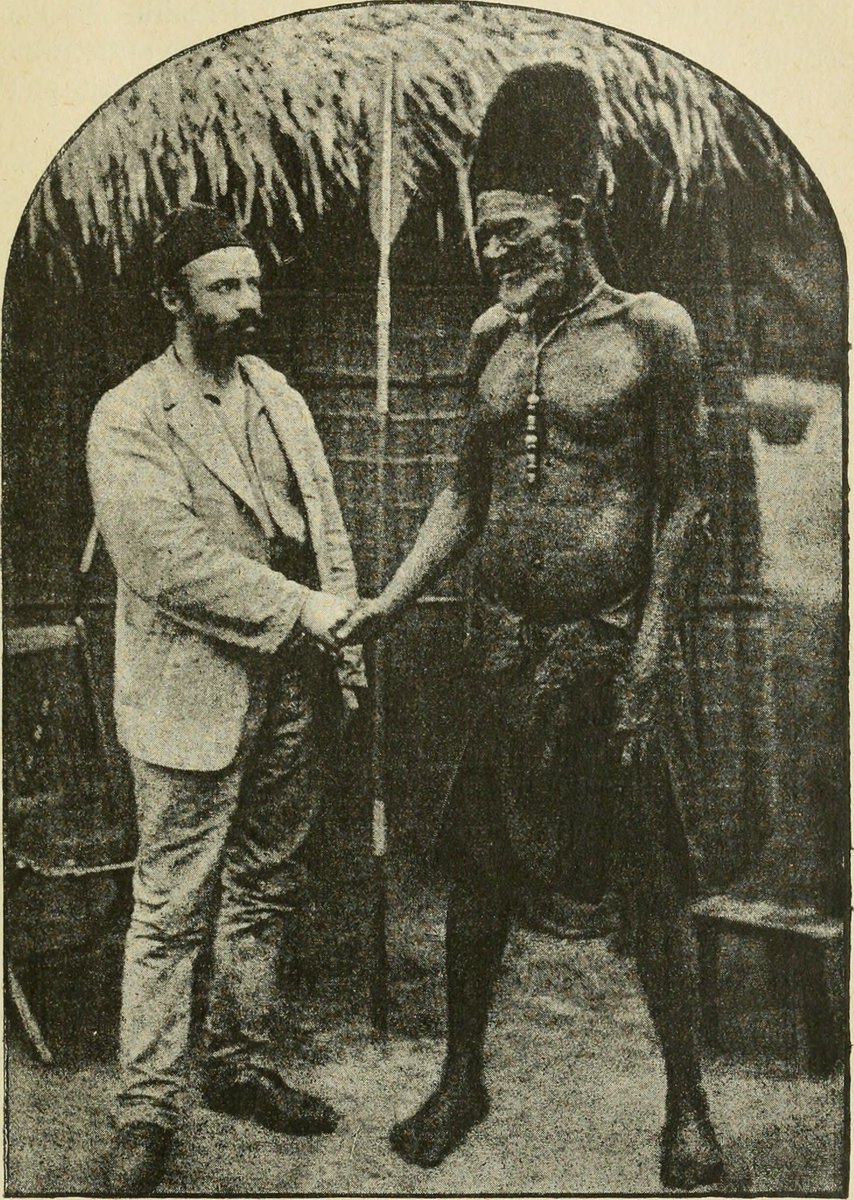
Very proud to announce 'infrastructural frontiers: terrains of resistance at the edge of empires' has been published by #Geoforum, a collective & interdisciplinary attempt to bridge the study of #infrastructure and #resistance. A thread w/main takeaways
Featuring archeologists, activists, anthropologists, political scientists & geographers, the special issue pushes the study of the politics of infrastructure to its physical and theoretical frontiers, w/cases from Latin America, Southeast Asia and Africa
Infrastructure is ubiquitous & key form of power in social sciences; yet, the infrastructural power of states isn't spread out equally across the globe, w/large areas in Global South comprising 'state-resistant terrains' (@JacobAShell) where infrastructure is highly contested
The Intro by Jan Bachmann & myself introduces the concept of 'infrastructural frontiers' & promotes following the infrastructures of empire to the 'material edge of the state' where infrastructural power breaks down, meets resistance & rough terrain: sciencedirect.com/science/articl…
The infrastructural frontier is where the 'remote control' of states (@jmsaxer) meet the friction of terrain, producing 'frontier effects' (@teoballve).
This can be at territorial borders, but, as Fernand Braudel already observed, 'they punctuate the central regions too, with local pockets ... cut off from the main communication routes.'
@GuerraenlaUni brilliantly explores the longue durée of state-making and -unmaking in the Horn of Africa & identifies a ‘politics against infrastructure’ combining an ‘anti-infrastructural ethos’ with ‘counterinfrastructural tactics of resistance’: sciencedirect.com/science/articl… 

@naomipendle, J Bachmann & L Moro also engage the temporality of infra at its frontiers, exploring the ebb & flow of road infrastructure & central state authority in #SouthSudan, a window into a cyclical and seasonal rather than linear political order
sciencedirect.com/science/articl…
sciencedirect.com/science/articl…
Also check Sarah Turner's (@kiwimontreal) great ethnography on 'slow forms of infrastructural violence', on the dialectic of subtle infrastructural schemes to increase control over ethnic minorities in SE Asian Massif (#Zomia) & ensuing forms of resistance
shorturl.at/aIJS5
shorturl.at/aIJS5
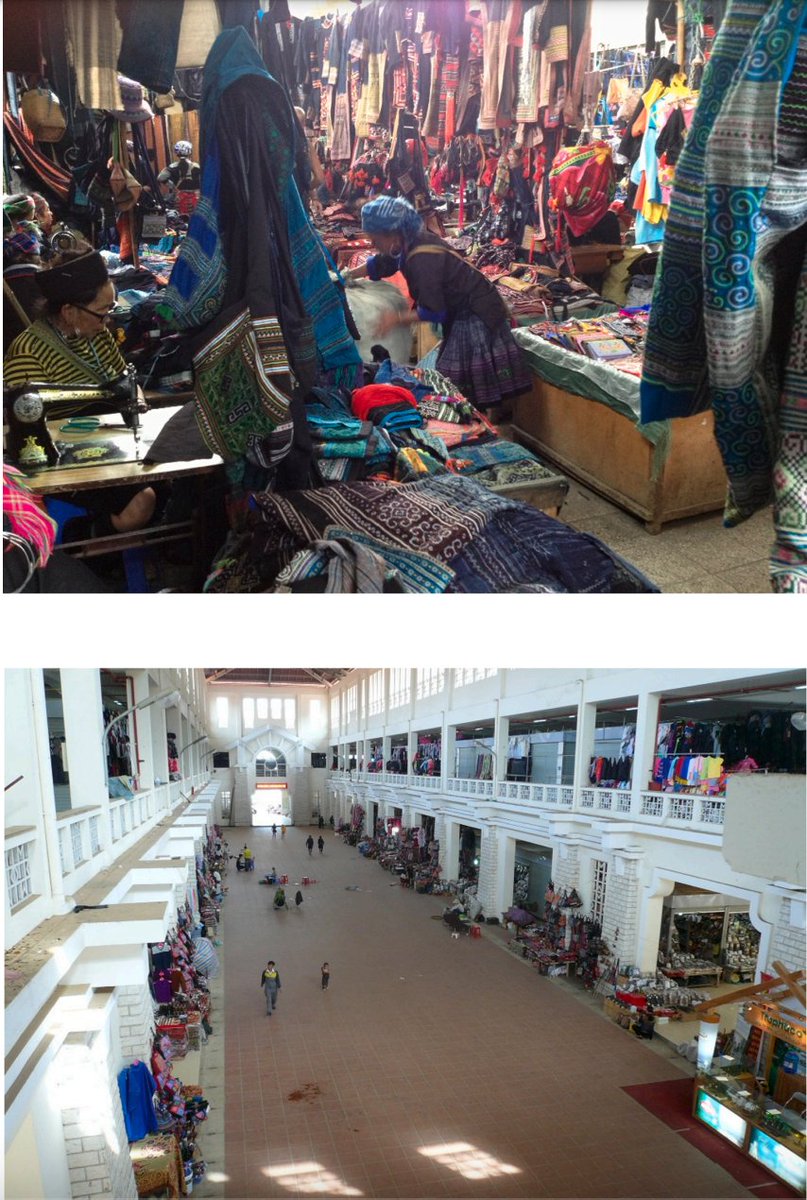
Our thinking on how infrastructure, state power, terrain and resistance hang together is obviously heavily influenced by the work of James C. Scott, who correlates rough terrain w/autonomy & resistance and infrastructure w/'seeing like a state'... 
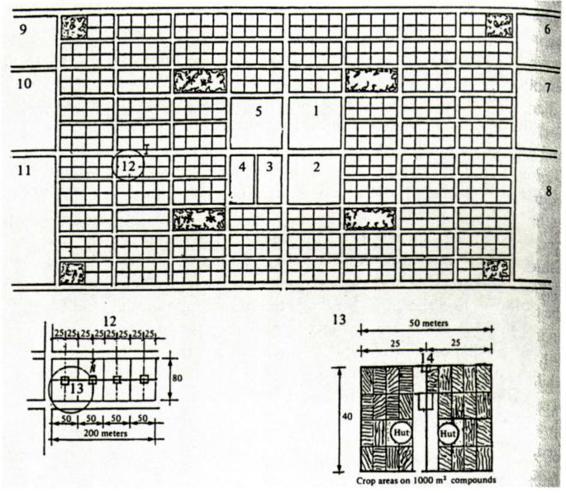
...but infrastructural power is not only state power--@silvia_otero85, Simón Uribe & @ipenarandac brilliantly show how infrastructure figures in Colombian insurgent orders by tracing how the #FARC deployed 'guerilla infrastructures'
sciencedirect.com/science/articl…
sciencedirect.com/science/articl…

(Thread en español:
https://twitter.com/silvia_otero85/status/1460752480585887745)
Mountains, deserts & swamps are well-studied state-resistant terrains; @EstherMarijnen's study of Lake Edward in #DRC establishes lakes as a rebellious landscape & how rebels & conservation efforts try 'infrastructuring' fishing activities & flows. (SEE shorturl.at/eJMT5) 

Finally, @judithverweijen, Saidi Kubuya, @murairi1 & I argue 'roads' in Eastern #DRC defy the distinction of infrastructure = control vs rough terrain = resistance & how infra projects intervene in 'circulation struggles' between rebel & state authorities
shorturl.at/vwxy8
shorturl.at/vwxy8

• • •
Missing some Tweet in this thread? You can try to
force a refresh


